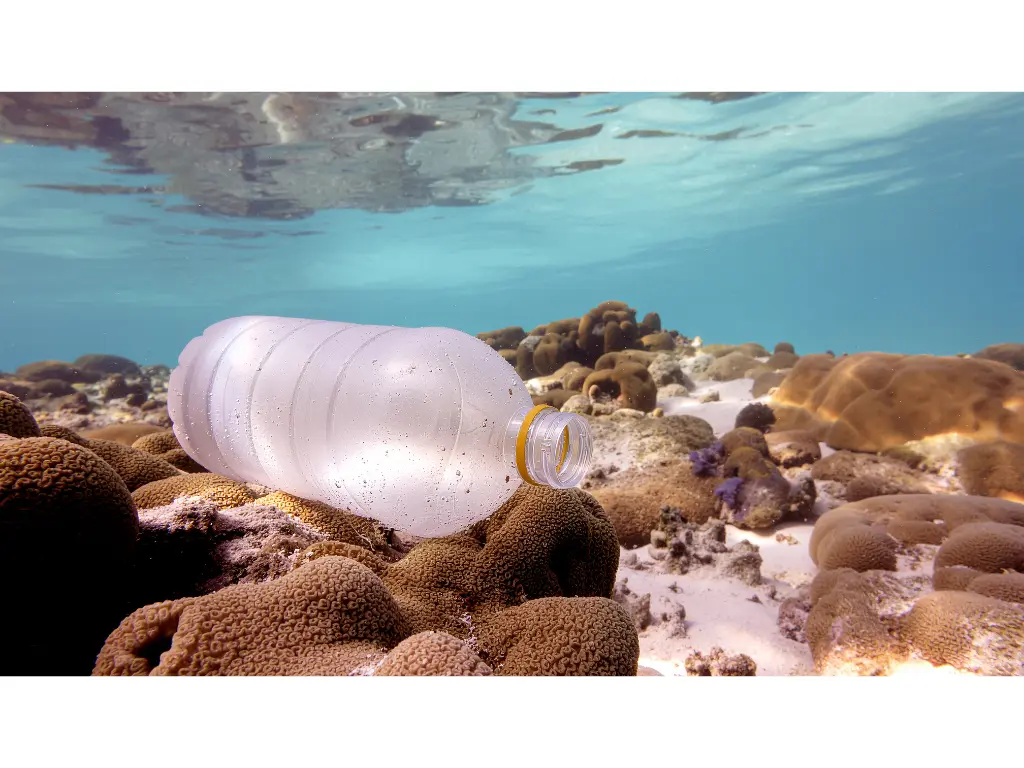- Home
- GPC Brazil
Brazil - Home
Login
Forget Password
On the 13th of November 2024 Brazilian President Lula sanctioned the Law 15.022/24, previously known as PL 6120/24, creating the National Inventory of Chemical Substances. This Law creates a comprehensive tool for effective risk assessment and management of chemical substances in the country. Before Brazil had specific laws depending on the sector (pharmaceutical products, cosmetics, pesticides, sanitizing products, and explosives). Brazil has now joined a selected group of countries with an advanced system to monitor chemicals entering its market, with the scope to assess risks to human health and the environment. The National Inventory of Chemical Substances is the core of the law, a tool that will assess and control the risks of chemical substances used, produced or imported in the national territory, with the objective of minimizing adverse impacts on health and the environment. This milestone is the result of the collaboration of several Brazilian stakeholders, including Ministério do Meio Ambiente e Mudança do Clima (Ministry of the Environment and Climate Change), Abiquim (Brazilian Chemical Industry Association), Conasq (National Chemical Safety Commission).
News

Brazil Opens Public Consultation on Regulation for Handmade Cosmetics
Oct-14-2025
On 13 October 2025, Brazil’s health regulatory agency, Anvisa launched a public consultation to gather feedback on new rules for the production of handmade cosmetics, personal care products, and perfumes. The consultation will remain open for 45 days, until 26 of November 2025
Regulation to Implement Law No. 15.154/2025
The initiative follows the enactment of Law No. 15.154, approved on 30 June 2025, which amended the country’s long-standing Law No. 6.360/1976. The new law allows artisanal cosmetic producers to operate under simplified regulations and exempts their products from formal registration, a move aimed at distinguishing small-scale, handcrafted producers from large industrial manufacturers.
Under the proposed Resolution of the Collegiate Board (RDC) and Normative Instruction (IN), artisanal cosmetics would be defined as products made in small batches without automated machinery or specialized industrial processes. These items must also be sold directly to consumers, excluding commercial intermediaries.
Scope and Objectives
According to Anvisa, the measure seeks to provide legal clarity while reducing risks associated with unregulated artisanal production, a sector that has expanded rapidly across Brazil. The agency emphasized that the consultation is an opportunity for citizens, entrepreneurs, and experts to help shape fair and practical regulations for this growing market.
The consultation, officially listed as Public Consultation No. 1,353 of 1 October 2025, will remain open until 26 November 2025. Contributions can be submitted through Anvisa’s online portal. Access to the consultation can be found here (in Portuguese).

Brazil Launches National Strategy to Eliminate Ocean Plastic by 2030
Oct-12-2025
On 7 October 2025, President Luiz Inácio Lula da Silva signed Decree No. 12,644, officially establishing the National Strategy for a Plastic-Free Ocean (ENOP). The plan sets out actions through 2030 to prevent, reduce, and eliminate plastic pollution in oceans through coordinated efforts involving government agencies, businesses, and civil society.
Cross-Ministerial Action and Key Priorities
Led by the Ministry of the Environment and Climate Change (MMA), the ENOP involves several ministries, including the Ministry of Fisheries and Aquaculture, which will focus on sustainable fishing practices and the protection of coastal communities. Planned measures include large-scale waste removal, public awareness campaigns, stronger regulations, and investment in innovative technologies to replace single-use plastics.
Goals and International Alignment
Brazil is currently the 8th largest source of marine plastic pollution, releasing more than 190,000 tonnes of plastic into the ocean every year, while only 10% of global plastic waste is recycled.
Structured around eight key pillars, ranging from environmental education to promotion of circular economy, the ENOP seeks to align Brazil's policies with international sustainability targets and place the ocean at the center of its environmental agenda.
Login
Forget Password
Global Product Compliance (GPC) specializes in Global Regulatory Compliance Solutions across sectors
globally. SSS Europe, a familiar name in chemical regulatory and compliance services now formally belongs
under the umbrella of GPC Holding Sweden.
Since 2008, we have emerged as one of the leading names among Global Regulatory Compliance Service
Providers with Representation services in Europe, Asia and Middle East for respective chemical
regulations.

 Twitter
Twitter
